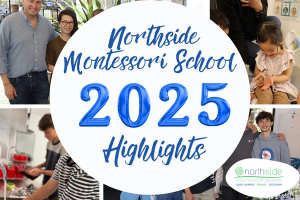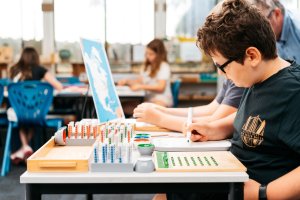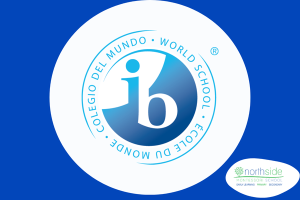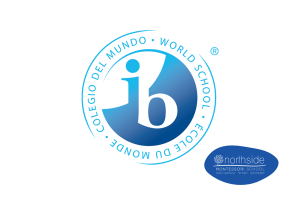This generation of children are growing up in a vastly different world to what we did. Change is rapid, especially with technology and the advances that are being made every second of the day. We used to have some idea of the careers that would be available to us, and often traditional schooling prepared children with those career paths in mind. Now, we have no idea what the future holds for our children, and many of the career choices that they will have, haven’t even been realised yet.
So how can education prepare them adequately when we haven’t got a crystal ball to look into?
In 2017, The NSW Department of Education commissioned a report to be done through the Centre for International Research on Education Systems and Melbourne University on the future skills needs for students.
The research, written by Professor Stephen Lamb, Dr Quentin Maire and Esther Doeke, found that the key skills needed for the 21st Century are:
“critical thinking, creativity, metacognition, collaboration, motivation, self-efficacy, conscientiousness, and grit or persistence.”
They also speak about the fact that schools need to be more than ‘ATAR factories’ and should instead be focusing on a more holistic approach to learning and equip learners to become
“…engaged thinkers, resilient and resourceful learners, creative problem solvers and active members of their communities.”
So how does a Montessori education help to prepare our students for this ever-changing, largely unknown future that awaits them?
The learning environment supports students to find their place in their local and global communities, it promotes independence and resilience and helps them to think for themselves.
It allows their exploratory nature to thrive so that they can think creatively and ‘outside the box’ which encourages critical thinking and problem solving, and it is a safe environment for questioning and discussion. In this environment students learn to self-correct, evaluate and develop their metacognition (self-awareness), they learn to collaborate and work as a team and respect each other and others’ opinions, learn that it is OK to make mistakes which develops their perseverance, mental strength and a growth mindset and they love learning which promotes lifelong learning.
Whilst none of us can accurately predict where the future will lead our children, with these skills under their belt, they should be more capable of being adaptable to whatever challenges and new developments they may face.
Janene Johnson
Deputy Principal




